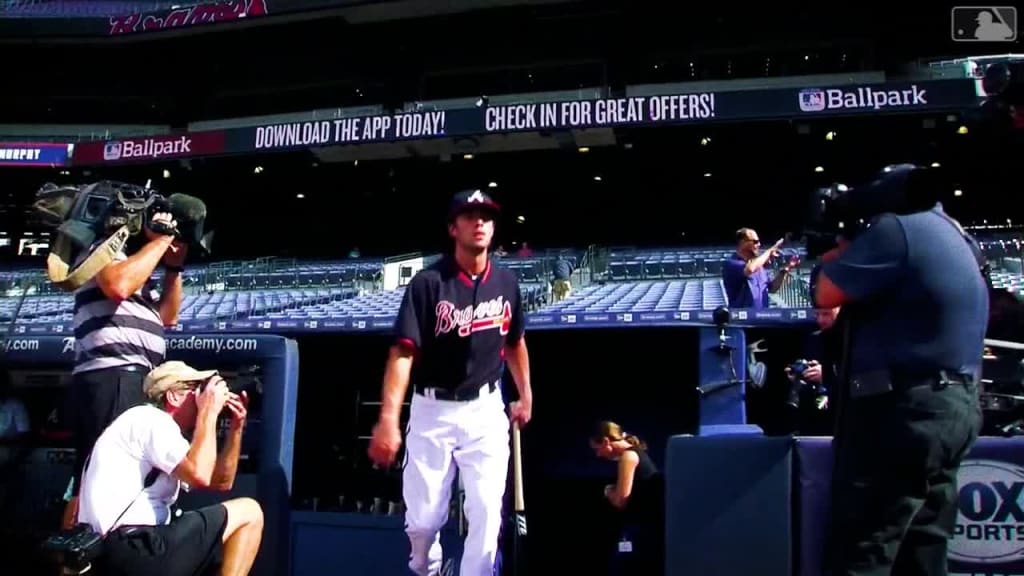Why Dansby parted ways with Atlanta
This browser does not support the video element.
This story was excerpted from Mark Bowman’s Braves Beat newsletter. To read the full newsletter, click here. And subscribe to get it regularly in your inbox.
Take yourself back to Nov. 2, 2021, the night the Braves won the World Series. Had somebody said, “Freddie Freeman and Dansby Swanson will each have a new employer within the next 14 months,” how would you have reacted?
It may have seemed possible for one to exit via free agency, but losing two organizational pillars within this span? Probably seemed as likely as predicting Kenshin Kawakami would end up in the Hall of Fame.
Still, even with these significant departures, the Braves will enter 2023 with a legit chance to win it all again.
Freeman’s departure felt weird and was seemingly a product of him wanting a sixth year, a demand he later said shouldn’t have been deemed a deal-breaker. Students of communication and negotiations could benefit from studying Freeman’s free-agent experience for many years to come.
Swanson’s departure wasn’t nearly as interesting, primarily because there really hasn’t been anyone to blame.
The Braves offered Swanson a six-year, $100 million deal this past summer and never increased the offer, despite Swanson initiating multiple conversations with Atlanta’s executives over the past few weeks. His desire to stick with his hometown team ended Saturday, when he gained a seven-year, $177 million deal with the Cubs.
As I’ve written all offseason, the Braves were never going to have the highest bid. Swanson would need to leave money on the table to stay in Atlanta. But nobody expected him to leave $77 million on the table. Had there been a difference of $25-30 million, then I think he may have provided the hometown discount.
At the same time, the Braves weren’t required to go beyond their comfort zone for Swanson. If they viewed the 28-year-old shortstop as a $16.5-$17 million player, that’s fine. Talking with somebody in early May, I suggested the Braves give Swanson a four-year, $60 million deal, which equates to $15 million per year.
Swanson thrived over the next couple months, continued to play great defense and became an even greater leader in the clubhouse. He positioned himself for a big payday. But at the same time, his potential cost soared past the Braves’ comfort zone.
Within the span of one season, Swanson went from making a projected $15-16 million to gaining an annual average salary of $25.3 million over the next seven years.
This browser does not support the video element.
Will he be worth his new salary? Well, the Cubs and their fans will decide that over the next seven years.
Quite honestly, it’s great to see a great person like Swanson cash in on all he has done for the Braves over the past few years. It’s also understandable that the Braves opted not to allow emotions to influence their decision on this matter. Yeah, everyone would have loved to have had No. 7 back. But not at the expense of overpaying or creating potential payroll issues over the next seven years.
